Anaphylaxis Training – Half Day – Level 2
£0.00
| Duration: 3-4 Hours Face to face onsite training |
| Lectures: 3-4 Hours |
| Basic Life Support and Management of Anaphylaxis Level 2 (RQF) Accredited by an Ofqual Regulated Awarding Body. |
%27%20fill-opacity%3D%27.5%27%3E%3Cellipse%20fill%3D%22%23003fa6%22%20fill-opacity%3D%22.5%22%20rx%3D%221%22%20ry%3D%221%22%20transform%3D%22rotate(-8.6%202160.8%20-1137.6)%20scale(247.88675%2076.41682)%22%2F%3E%3Cellipse%20fill%3D%22%23ff8d53%22%20fill-opacity%3D%22.5%22%20rx%3D%221%22%20ry%3D%221%22%20transform%3D%22matrix(48.01063%20130.48907%20-327.18957%20120.38232%20184.1%2054)%22%2F%3E%3Cellipse%20fill%3D%22%23004f94%22%20fill-opacity%3D%22.5%22%20rx%3D%221%22%20ry%3D%221%22%20transform%3D%22matrix(-.26132%20-69.39568%20236.01534%20-.88874%20224.5%20334.9)%22%2F%3E%3Cellipse%20fill%3D%22%238f6632%22%20fill-opacity%3D%22.5%22%20rx%3D%221%22%20ry%3D%221%22%20transform%3D%22matrix(-130.18349%20-59.96126%2028.48829%20-61.85168%20241.8%20172.1)%22%2F%3E%3C%2Fg%3E%3C%2Fsvg%3E) Anaphylaxis training is a matter of life and death
Anaphylaxis training is a matter of life and death
Anaphylaxis is a rapid, life-threatening overreaction by the body’s immune system to a trigger. Common triggers are medications, seafood, nuts, and dairy. The list is not exhaustive.
The only lifesaving treatment that can be given to a person is Adrenaline injected into the person’s thigh, without delay.
Training via E-Learning is not appropriate for those who need to respond to an Anaphylaxis emergency such as school teachers, nursery staff and medical professionals.
Simply put E-Learning does not equip you with the practical skills required and Regulators such as the Department for Health DO Not allow E-learning in place of Practical Training.
Schools must arrange specialist training for staff where a pupil in the school has been diagnosed as being at risk. The specialist training should include practical instruction in how to use the different AAI devices available. Online resources and introductory e-learning modules can be found although this is NOT a substitute for face-to-face training.
Guidance on the Use of Adrenaline Auto Injectors in SchoolsDepartment of Health (2015)
Allergy training E-Learning is for food manufacturers to give staff awareness of common triggers, it is not intended for those who need to respond to a person suffering a life-threatening Anaphylactic reaction with only moments to react.
The last thing you want to do in this situation is try to recall an E-learning subject you may have skimmed through, and get trained correctly and professionally by those who know.
To book your place on our course (RQF) click here. To enquire about large numbers of participants, please contact us on 08432 895 083.
First Aid and anaphylactic shock training
- Training 999 provides practical onsite First Aid and anaphylactic shock training to schools, groups, and healthcare professionals.
CPR and Anaphylaxis
- In addition to training in Adrenaline Auto-Injectors we also provide CPR and AED Training, recovery position and management of someone unconscious, signs and symptoms of anaphylactic shock, and Treatment of Anaphylaxis.
- We ensure training is bespoke to the customers’ needs we provide also advice on guidance on anaphylactic shock policy in schools and practical provision and standardisation within settings.
View our Course Specification Here and Book your Course Here.
Adrenaline Pen
- In the United Kingdom, there are Three types of Adrenaline Pens or Adrenaline Auto-Injector (AAI).
- We provide practical training on all Three types of Adrenaline Pens for anaphylactic shock.
Anaphylaxis Course Certificate
- We only provide Regulated Qualifications in First Aid, Anaphylactic shock, and First Response Emergency Care. This is to ensure that training has met a national standard and that you are safe.
- Our qualifications are Regulated by Ofqual and therefore no checks are required as RQF qualifications are legally Regulated.
- View our Course Specification Here and Book your Course Here.
Beware Using Non-Regulated Training Providers
- If you use non-RQF qualifications, did you know it is up to you to evidence that the trainer is suitably qualified and that training is suitable?

Why You Should Use Training 999 for Training
Taught by Paramedics and other Registered Healthcare professionals who hold qualifications specific to anaphylactic shock in addition to Healthcare Professional Registration ensures your training is suitable and sufficient.
Asthma and anaphylactic shock Training
- It is well established that Asthma and anaphylactic shock is becoming more common however we see more cases in schools and hospitals.
- The Law changed (2015) to allow schools to have Adrenaline Auto Injectors onsite and Salbutamol Inhalers not prescribed to any individual child.
- The School Held Adrenaline Auto Injectors and Salbutamol Inhalers SHOULD only be used on KNOWN children with allergies or who suffer with Anaphylaxis or Asthma when their own medication is UNAVALIABLE.
First Aid Anaphylaxis and Asthma Training
- Training 999 provides a range of Regulated (RQF) First Aid courses such as:
- Anaphylactic shock training (3-4 Hours)
- Emergency Paediatric First Aid (6 Hours)
- Paediatric First Aid (12 Hours)
- Blended Paediatric First Aid (6 Hours First Aid E-Learning followed by 6 Hours face to face total 12 hours)
- Combined First Aid at Work and Paediatric First Aid (3 days)
- Emergency First Aid at Work (6 hours/1 day)
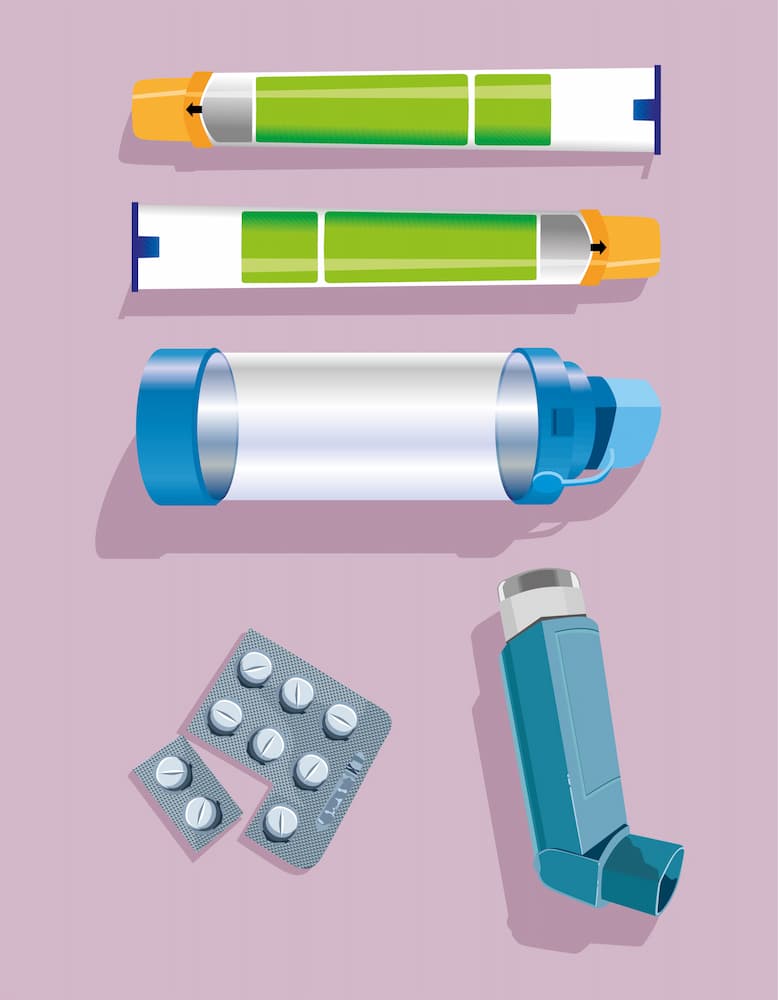
Anaphylactic Shock Training for Schools
This course is ideal for primary and secondary schools that have a responsibility to ensure staff receive training in the use of Adrenaline Auto Injectors (AAI). https://www.gov.uk/government/publications/using-emergency-adrenaline-auto-injectors-in-schools
Our instructors are Registered Healthcare Professionals with specialist qualifications in the management of anaphylaxis, the practical training includes the use of all three types of adrenaline auto injectors on the market.
View our Course Specification Here and Book your Course Here.
Target Audience – Suitable for any person who needs training in anaphylactic shock, or who may need to care for someone suffering from a severe life-threatening allergic reaction.
What Are the Types of First Aid Course? – Workplace First Aid Courses are concerned with adult workers who need First Aid Training under the Health and Safety Executive and the First Aid regulations 1981.
These courses are normally the One Day emergency First Aid at Work or the Three Day First Aid at Work.
Workplaces that have children in their care are responsible for providing First Aid to children and are registered childcare settings with Ofsted and Early Years Foundation Stage. These First Aid courses involve Paediatric First Aid.
The One Day or 6 hours long Emergency Paediatric First Aid is suitable for low-risk childcare settings.
However, a nursery with children that have medical conditions. Could be assessed as a high-risk setting and may need the 12 Hour Blended Paediatric First Aid Course.
%22%20transform%3D%22translate(.7%20.7)%20scale(1.36328)%22%20fill-opacity%3D%22.5%22%3E%3Cellipse%20fill%3D%22%236d5f4a%22%20rx%3D%221%22%20ry%3D%221%22%20transform%3D%22matrix(-22.98376%2030.62174%20-50.83527%20-38.15543%20173.4%2084.7)%22%2F%3E%3Cellipse%20fill%3D%22%23e3e2e6%22%20cx%3D%2242%22%20rx%3D%2280%22%20ry%3D%2288%22%2F%3E%3Cellipse%20fill%3D%22%23616064%22%20rx%3D%221%22%20ry%3D%221%22%20transform%3D%22matrix(5.14693%2035.71725%20-52.00872%207.49457%208.6%20136)%22%2F%3E%3Cellipse%20fill%3D%22%23caaf44%22%20cx%3D%22152%22%20cy%3D%2229%22%20rx%3D%2236%22%20ry%3D%2236%22%2F%3E%3C%2Fg%3E%3C%2Fsvg%3E) First Aid for Schools
First Aid for Schools
First Aid for schools, teachers looking for First Aid Training or those looking for First Aid training for schools should consider the 1 day or 6 hour Emergency Paediatric First Aid or the Blended Paediatric First Aid course 12 hours.
Additionally, First Aid training for School staff can involve staff needing to be trained in both workplace First Aid (HSE) and Paediatric First Aid (Ofsted).
The Combined First Aid at Work and Paediatric First Aid Course is great for schools that require both qualifications for workplaces (HSE) and for children (Ofsted).
First Aid at Work 1 Day Course
The First Aid at Work 1 day course has many different names such as EFAW course, Emergency First Aid at Work Course or 1 Day Emergency First Aid at work. This is for low-risk workplaces such as offices.
- The type of First Aid Course your workplace will need is dependent on your First Aid Needs Risk Assessment.
- The EFAW course cost is around £600 for a group of 12, for more information on the Emergency First Aid at Work Training course click here to book.
Workplace First Aid Training
- The most common Workplace First Aid Course or sometimes referred to as First Aid in the Workplace course is the First Aid at Work 3-day course.
- The Three-day First Aid at Work course covers everything in the one-day Emergency First Aid course.
- Plus, medical conditions, fractures, and crush injuries, also if training is needed on how to stop bleeding fast using blood loss control products for catastrophic haemorrhage this can be provided.
The list is not exhaustive.
How long does the course take?
Taught over 3 days the First Aid at work 3-day course is for high-risk workplaces such as factories and building sites.
How much does the course cost?
The 3-day First Aid at Work course costs £1500 for up 12 staff and can be taught at your venue. Book your three-day First Aid at Work qualification here.
Have You Considered the Need for Annual Training as Part of Your Risk Assessment?
- The HSE strongly recommended workplace First Aiders undertake annual refresher training every 12 months to maintain their skills.
- The Department of Education advise Osted Regulated childcare settings to consider the need for yearly refresher First Aid training in their settings.
- Have you thought about blood loss in your workplace?
- The HSE recommend where blood loss or uncontrolled bleeding is a possible risk in the workplace, for example working with machinery, specialist training is provided.
- Including training the use of catastrophic haemorrhage control devices and blood loss control products.
- Catastrophic haemorrhage training can be provided on all Regulated First Aid courses.
- Including Emergency First Aid at Work and First Aid at Work courses and this will be annotated directly onto the First Aid Certificate.
Do You Work Outside? or go on School Trips Outdoors?
Persons employed in forestry need to think about additional risks from working outside in the natural environment, such as injury or illness. Ask yourself, would you know what to do?
- The Forestry First Aid +F is a Two-hour course as required by the Forestry Commission and includes training in Catastrophic haemorrhage training.
- Add the Forestry First Aid +F to your First Aid Course or as a stand-alone unit. Book your Forestry First Aid Course here.
- * Regulated Qualifications Framework (RQF)
Be sure as an employer the training provider has met a national standard and training in legal terms is, suitable and sufficient. Anaphylactic Shock Training is a matter of life and death, anaphylactic shock is a rapid, life-threatening overreaction by the body’s immune system to a trigger. Common triggers are medications, seafood, nuts, and dairy. The list is not exhaustive.
The only lifesaving treatment that can be given to a person is Adrenaline injected into the persons thigh, without delay.
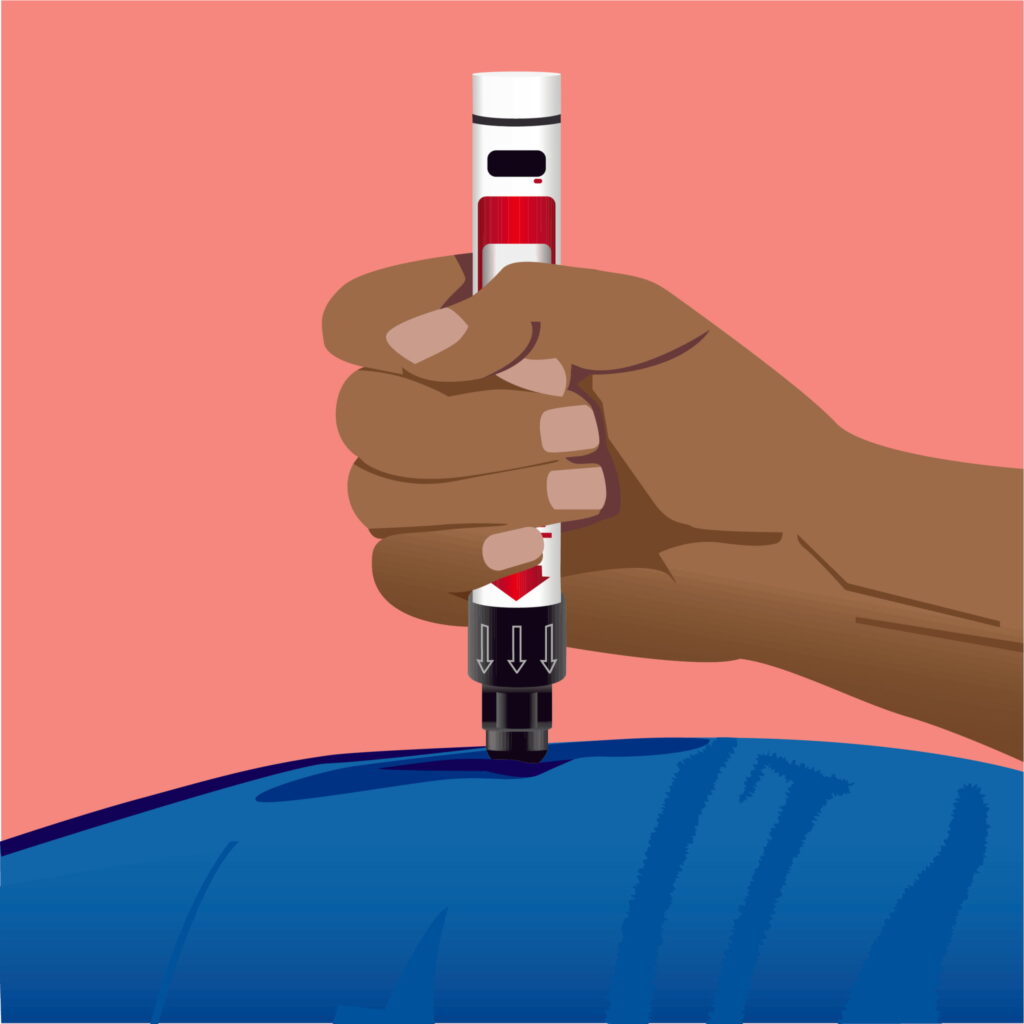
Training via E-Learning is not appropriate for those that need to respond to an emergency such as school teachers, nursery staff and medical professionals.
Simply put E Learning does not equip you with the practical skills required and Regulators such as the Department for Health DO Not allow E-learning in place of Practical Training.
Schools must arrange specialist training for staff where a pupil in the school has been diagnosed as being at risk of anaphylactic shock. The specialist training should include practical instruction in how to use the different AAI devices available. Online resources and introductory e-learning modules can be found although this is NOT a substitute for face-to-face training.
Guidance on the Use of Adrenaline Auto Injectors in SchoolsDepartment of Health (2015)
Allergy training E Learning is for food manufacture to give staff an awareness of common triggers, it is not intended for those who need to respond to a person suffering a life-threatening Anaphylactic reaction with only moments to react.
The last thing you want to do in this situation is trying to recall a E learning subject you may have skimmed through, get trained correctly and professionally by those who know.
CPR and Anaphylaxis Training
- In addition to training in Adrenaline Auto Injectors we also provide CPR and AED Training, recovery position and management of someone that is unconscious, signs and symptoms of anaphylaxis, Treatment of Anaphylaxis.
- We ensure training is bespoke to the customers’ needs we provide also advice on guidance on Anaphylaxis policy in schools and practical provision and standardisation within settings.
View our Course Specification Here and Book your Course Here.
About Instructors
£0.00
| Duration: 3-4 Hours Face to face onsite training |
| Lectures: 3-4 Hours |
| Basic Life Support and Management of Anaphylaxis Level 2 (RQF) Accredited by an Ofqual Regulated Awarding Body. |



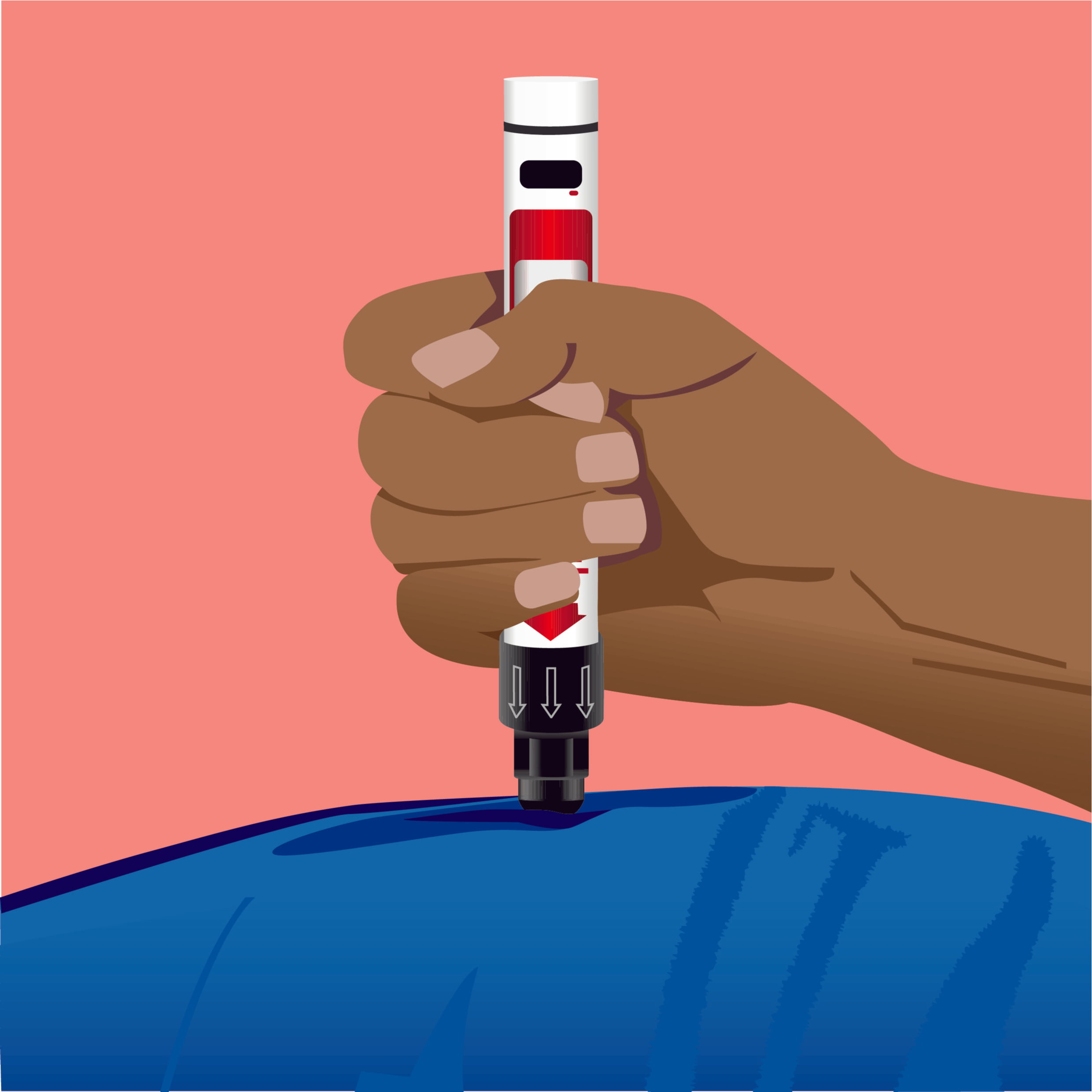
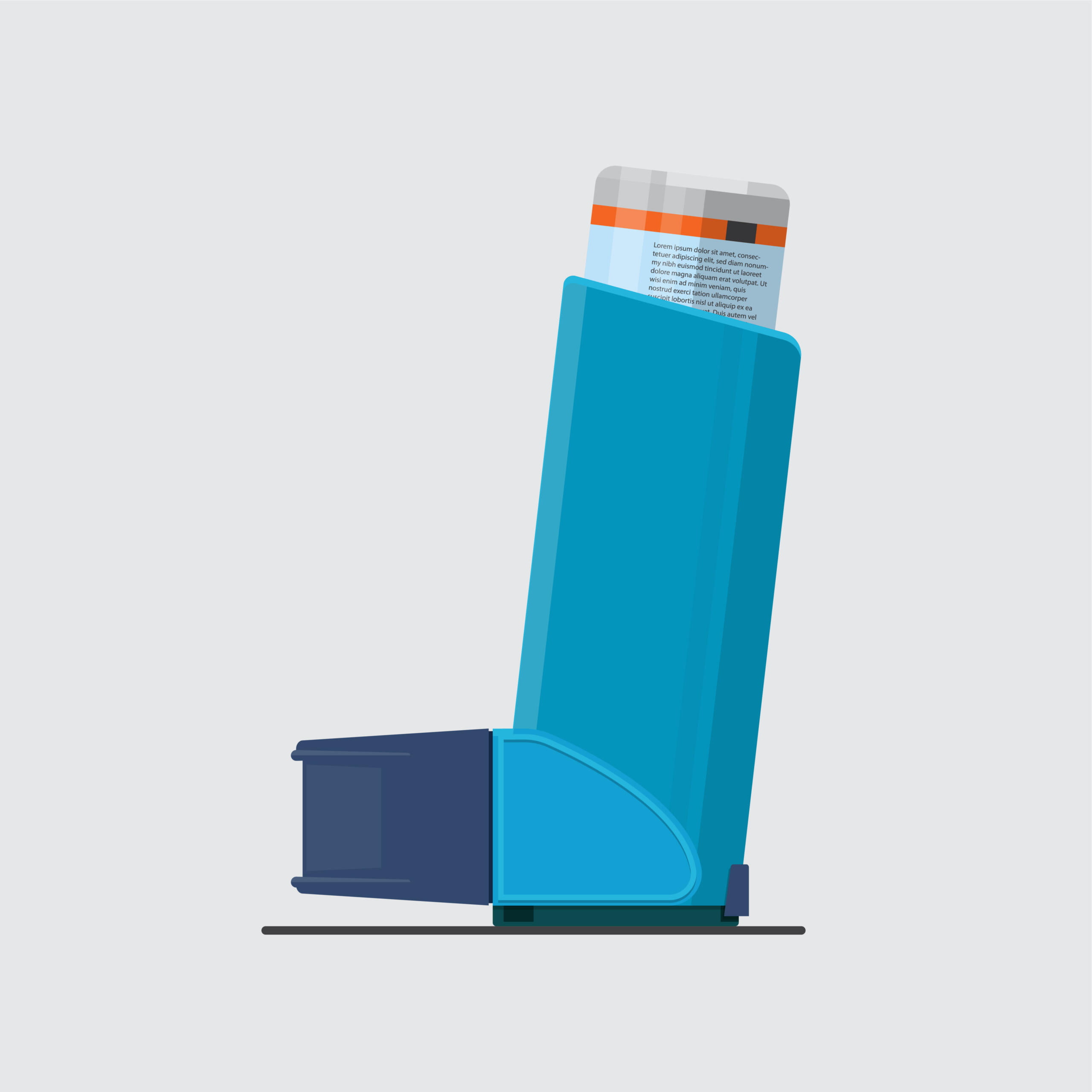


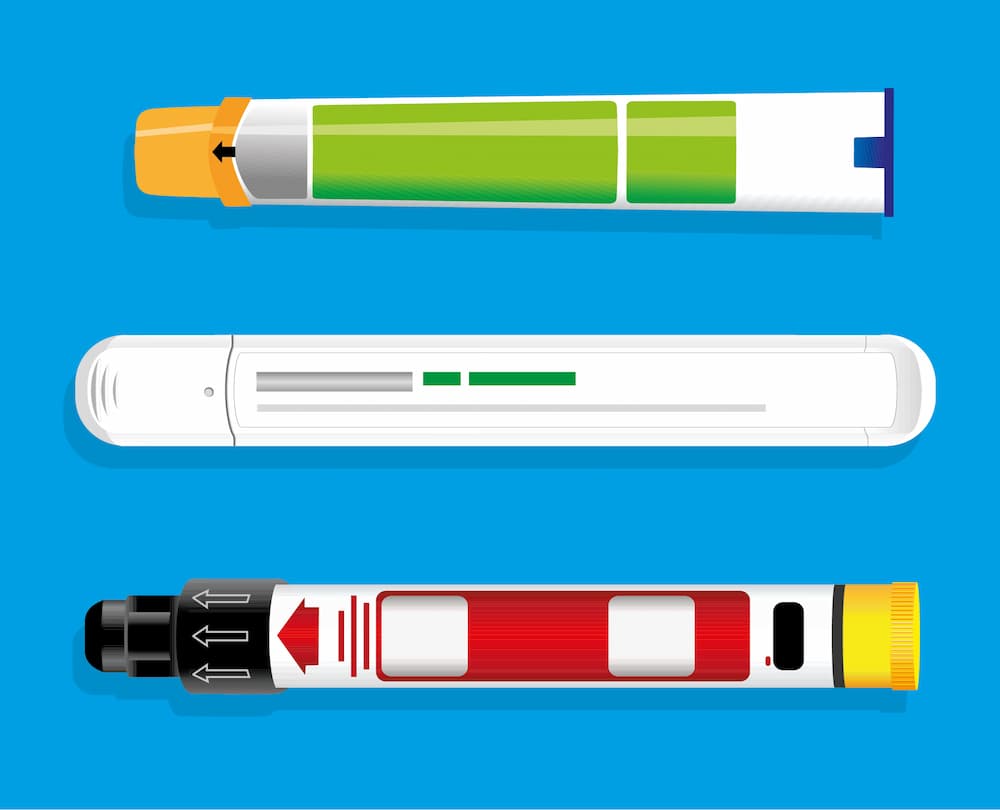
 First Aid for Schools
First Aid for Schools